Tips for Long-Term Grant Writing Success and Essential Resources for Grant Writers
Oct 23, 2023
Welcome to our blog dedicated to the art of grant writing! If you're a grant writer, you understand that securing funding for your organization is a long and often challenging journey. It requires a unique set of skills, unwavering persistence, and access to the right resources. In this article, we'll explore valuable tips for long-term grant writing success and introduce you to essential and other grant writing unicorn resources, that can make your grant writing endeavors more fruitful. Whether you're new to grant writing or a seasoned pro looking to enhance your skills, this blog is your guide to mastering the grant writing process and achieving your funding goals. Let's dive in!
What are the key strategies for maintaining long-term success in grant writing?
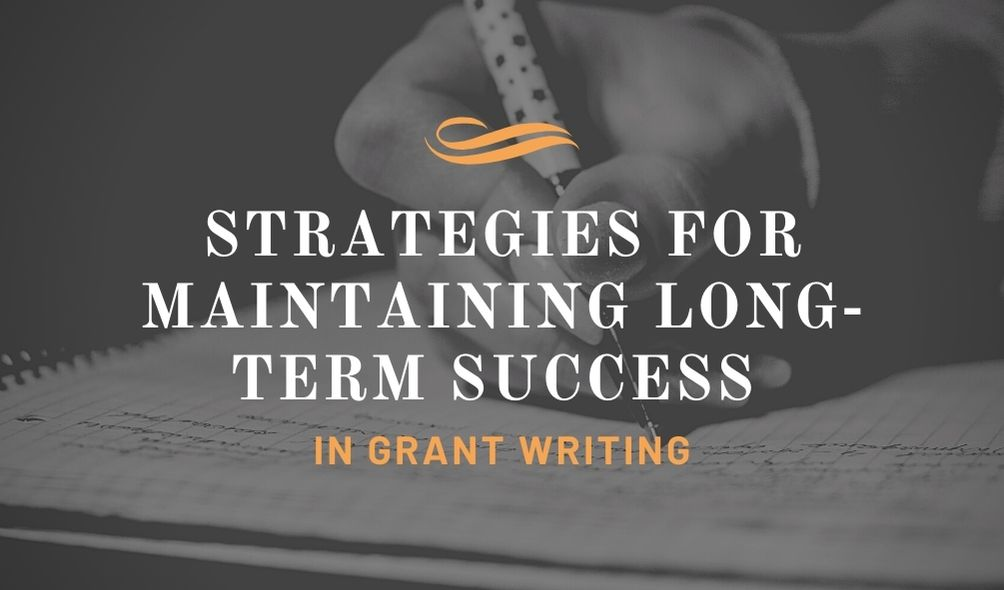
Maintaining long-term success in grant writing requires a strategic approach and a commitment to continuous improvement. First and foremost, it's essential to build and nurture strong relationships with funders. Cultivate a network of contacts within grant-making organizations and stay connected with them to understand their evolving priorities. Additionally, staying well-informed about the latest trends and changes in the nonprofit grant writing landscape is crucial. This means regularly researching new grant opportunities, reviewing successful proposals, and attending workshops or webinars to enhance your grant writing skills.
Another key to grant strategy, is to keep meticulous records of your grant applications and outcomes. This helps you track your progress, learn from past successes and failures, and refine your approach over time. Effective time management is vital, as grant writing can be time-consuming. Creating a structured schedule and setting aside dedicated time for writing, editing, and researching and writing grants can help you stay organized.
Furthermore, collaboration within your organization is essential. Engage with program managers, financial experts, and other stakeholders to ensure that your grant proposals align with the organization's mission and financial needs. Finally, don't forget to adapt and write grants due to the changing needs of your organization and be flexible in your approach. Grant writing is an ever-evolving field, and being open to innovation and improvement is key to granting organization' long-term success.
What essential resources and tools should grant writers have in their arsenal for long-term success?
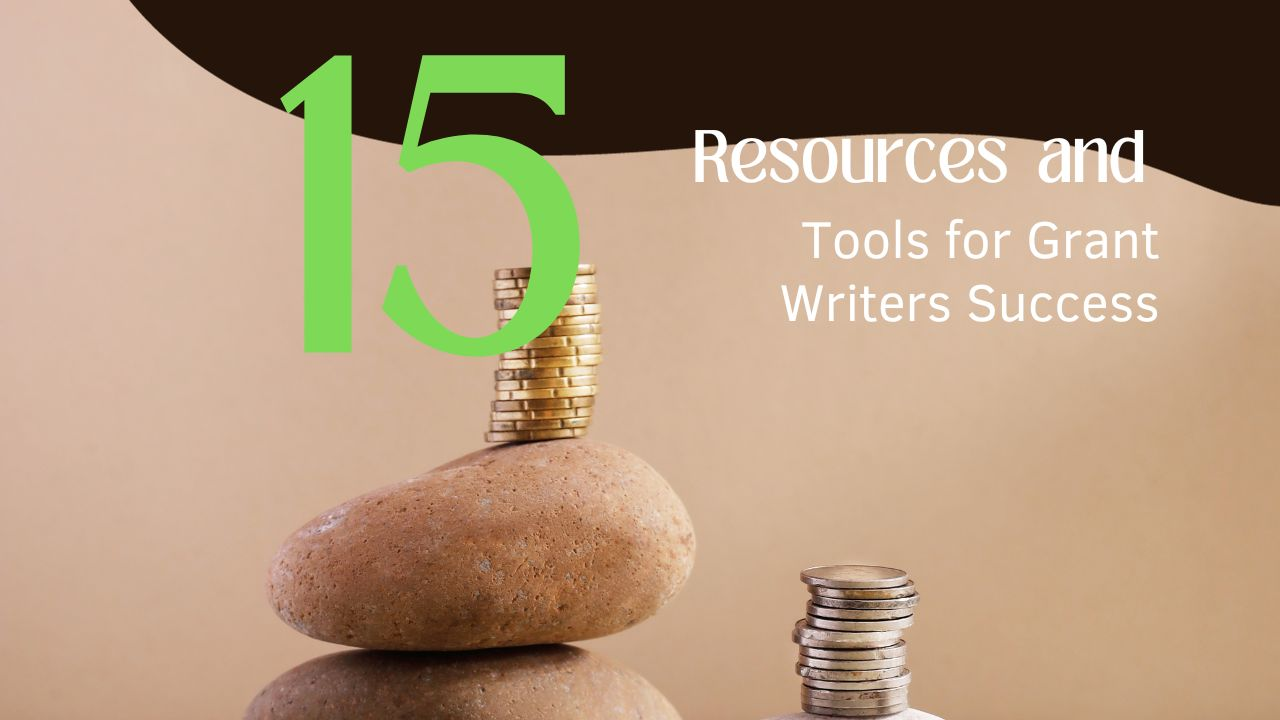
Grant writers can enhance their chances of long-term success by equipping themselves with a range of essential resources and tools. These tech tools include:
1. Grant Databases: Subscriptions to grant databases like GrantStation, Foundation Directory Online, or GrantWatch provide access to a wealth of grant opportunities, making it easier to find grants that align with your organization's mission.
2. Style Guides and Templates: Having a well-organized collection of style guides, such as the Chicago Manual of Style or APA style, and proposal templates can save time and ensure your applications are consistent and professional.
3. Project Management Software: Tools like Asana, Trello, or Microsoft Project can help grant writers manage multiple deadlines, tasks, and collaborators efficiently.
4. Budgeting Software: Proficiency with financial software like Excel or specialized grant budgeting tools is vital for creating accurate and well-structured budgets within grant proposals.
5. Grant Writing Software: Consider using free grant writing software like GrantHub or eCivis to streamline the proposal creation process, manage submissions, and track results.
6. Peer Reviewers: Establish relationships with colleagues who can provide peer reviews of your grant proposals. Fresh perspectives and constructive feedback can significantly improve the quality of your applications.
7. Grant Writing Courses and Workshops: Continuous learning free grant writing courses is essential. Enroll in grant writing courses and attend workshops to stay updated on best grant budget practices and strategies.
8. Library and Research Tools: Access to a well-equipped library and research tools can aid in in-depth research on potential funders and the issues your organization addresses.
9. Data and Statistics Sources: Reliable sources for data and statistics, such as government agencies, research institutions, and online databases, are crucial for building a compelling case in your proposals.
10. Professional Associations: Joining organizations like the nonprofit Grant and Professionals Association (GPA) can provide networking opportunities, well written grants, professional development, and access to a supportive community of grant writers.
11. Writing and Editing Tools: Tools like Grammarly or Hemingway can assist in proofreading and improving the clarity and coherence of your writing.
12. Government Grant Resources: Familiarize yourself with government grant websites, such as Grants.gov (for U.S. federal grants) or your country's government grants' equivalent, for government-funded grant application opportunities.
13. Peer Support: Establish a network of fellow grant writers for mutual support, idea sharing, and problem-solving.
14. Library Resources: Make use of the resources available in your local libraries, including books, workshops, and librarians who can assist with research.
15. Nonprofit Management Software: Utilize nonprofit management software like Bloomerang or Little Green Light to manage donor and grant-related information efficiently.
By incorporating these resources and tools into your grant writing arsenal, you can work more efficiently, stay informed, and improve the quality of your grant proposals, setting yourself up for long-term success in the field.
What are the common challenges grant writers face over time, and how can they overcome them?
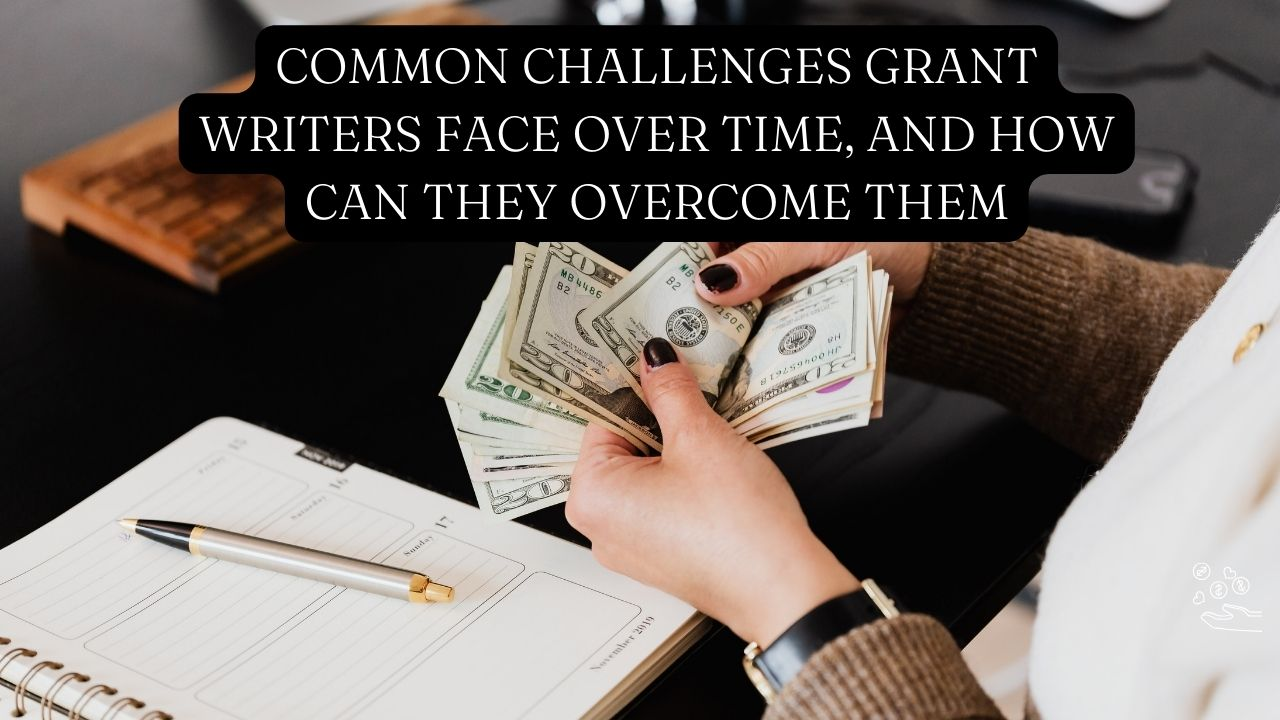
Grant writers often encounter several common challenges over time, and here are five of them along with ways to overcome them:
1. Competition for Funding: As the demand for grants typically exceeds the available funding, competition is fierce. To overcome this, focus on finding niche opportunities that align closely with your organization's mission. Additionally, build strong relationships with funders and emphasize the unique aspects of your programs or projects in your proposals.
2. Changing Grant Guidelines and Criteria: Grant guidelines and criteria can change frequently, making it challenging to keep up. Stay organized by maintaining a database of funder-specific requirements and deadlines. Regularly check for updates and revisions to ensure your proposals remain compliant.
3. Limited Resources: Many organizations have limited staff and financial resources dedicated to grant writing. Prioritize and write grant writing proposals and opportunities that offer the best return on investment, and consider collaborating with other departments or seeking external grant writing assistance when necessary.
4. Proposal Rejections: Facing rejection can be disheartening. Rather than seeing rejections as failures, view them as opportunities to learn and improve. Seek feedback from funders when possible and use rejection as a chance to revise and enhance your proposals.
5. Burnout and Stress: Grant writing can be stressful, with tight deadlines and high stakes. To prevent burnout, manage your time effectively, set realistic expectations, and take breaks to recharge. Also, consider professional development to improve your grant writing book and skills, and reduce stress.
By acknowledging and addressing these challenges proactively, grant writers can continue to improve their effectiveness as grant professionals and achieve long-term success in securing funding for their organizations.
What ethical considerations should grant writers keep in mind when pursuing long-term success?
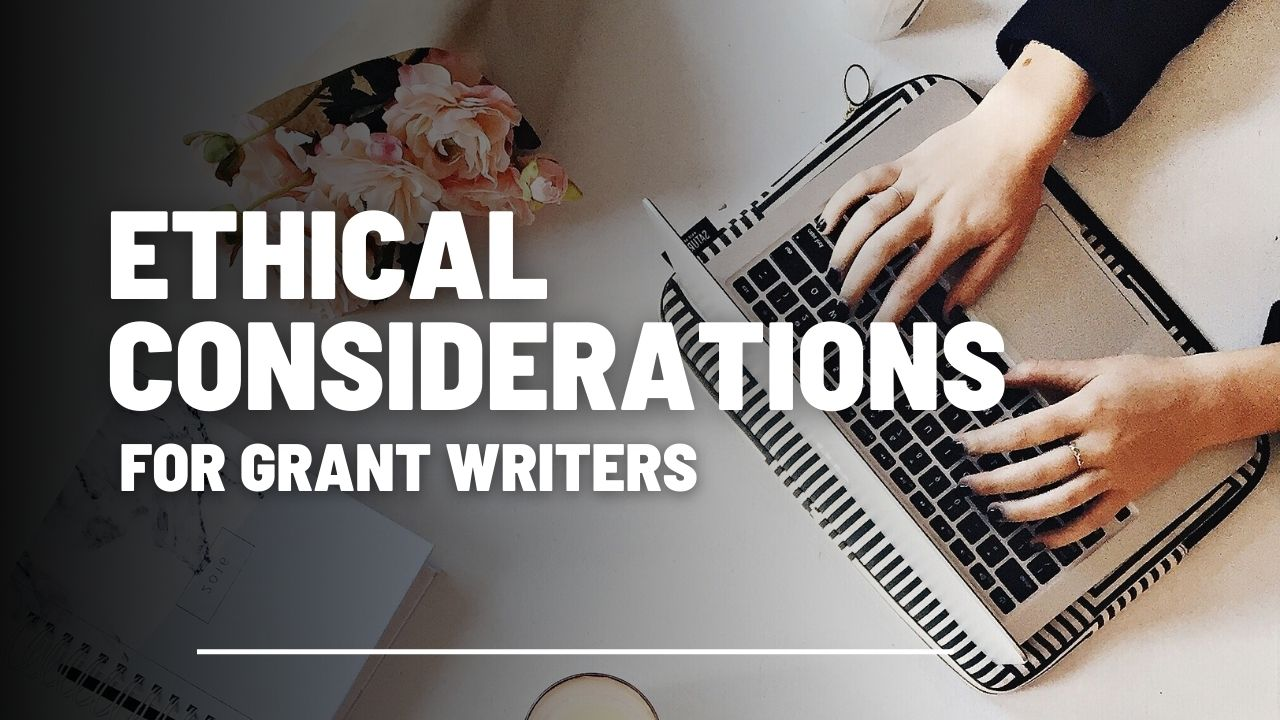
Grant writers play a critical role in securing funding for organizations, and ethical considerations are paramount to maintaining a positive reputation and long-term success in the field learn grant writing. Here are five ethical considerations to keep in mind:
1. Honesty and Accuracy: Always provide truthful and accurate information in your grant applications. Exaggerating or falsifying information can lead to ethical and legal issues, potentially damaging your organization's reputation.
2. Conflict of Interest: Be transparent about any potential conflicts of interest. If you or someone closely associated with your organization has a personal or financial interest in a grant opportunity, disclose it to funders. Transparency is key to maintaining trust.
3. Equal Opportunity and Non-Discrimination: Ensure that your organization's grant-seeking and distribution processes are fair and non-discriminatory. Grant writers should not discriminate based on race, gender, religion, or any other protected characteristic.
4. Stewardship of Funds: Use granted funds as intended and in alignment with the terms of the grant agreement. Grant writers and their organizations have a responsibility to be good stewards of the funds and demonstrate how the money is used to achieve the intended outcomes of grant award.
5. Confidentiality: Respect the confidentiality of information shared with you by funders or other organizations. Avoid sharing sensitive details about grant applications write proposals, internal processes, or funding decisions without proper authorization.
Maintaining ethical integrity is not only a moral obligation but also crucial for building trust with funders and peers in the field. Ethical grant writing practices not only enhance your organization's reputation but also contribute to long-term success by fostering positive relationships with funders and stakeholders.
What tips and techniques can help grant writers craft compelling narratives in their proposals?
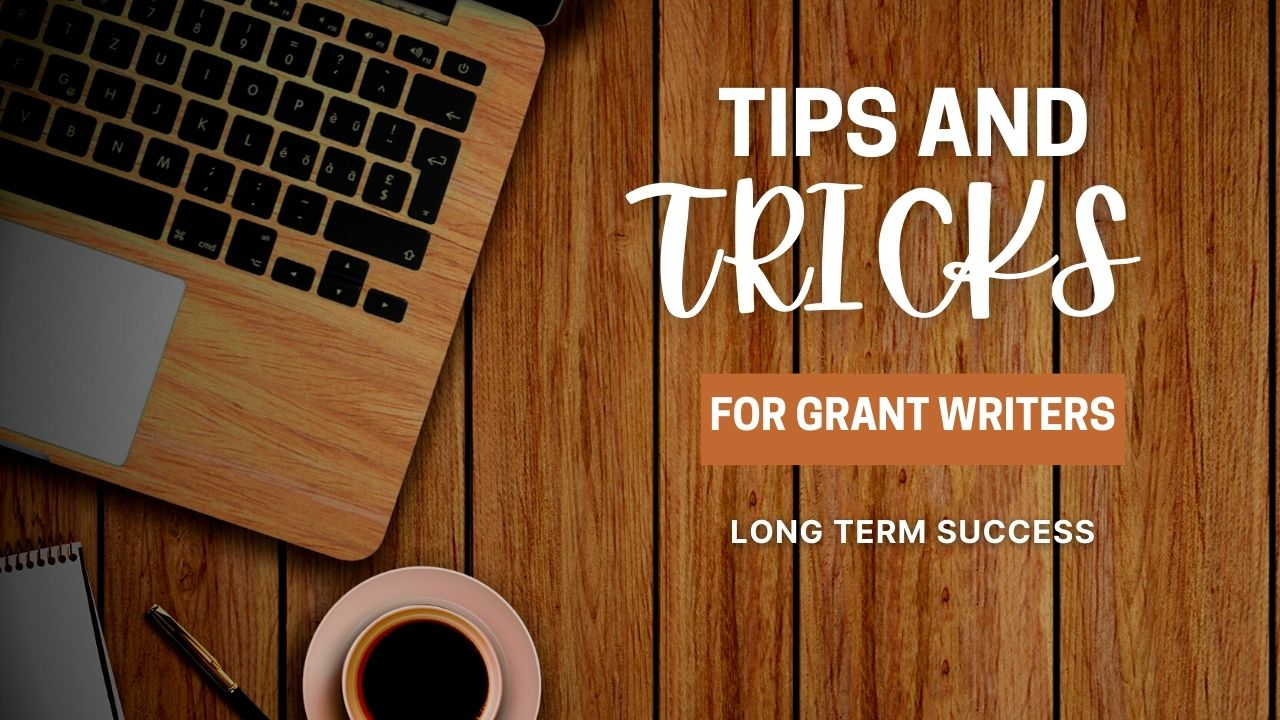
Crafting compelling narratives in grant proposals is essential for engaging funders and increasing your chances of success. Here are some tips and techniques to help grant writers create persuasive narratives:
1. Tell a Story: Weave a compelling and relatable story into your proposal. Begin with a compelling anecdote or scenario that illustrates the problem or need your organization is addressing. Stories resonate with readers and make the issue more tangible.
2. Use Clear and Simple Language: Avoid jargon and complex language. Write in a clear, concise, and easily understandable manner. Remember that not all reviewers may have expertise in your field.
3. Show Impact: Demonstrate the real-world impact of your organization's work. Use specific examples, testimonials, and success stories to illustrate how your programs or projects have made a difference in the lives of beneficiaries or the community.
4. Highlight the Problem: Clearly define the problem or need you're addressing. Use data and evidence to paint a vivid picture of the issue and its significance. Funders need to understand why your work is essential.
5. Emphasize Innovation: Describe what sets your approach apart from others. Highlight innovative strategies, unique partnerships, or creative solutions that make your organization stand out.
6. Address Funders' Priorities: Tailor your narrative to align with the funding organization's priorities. Clearly show how your project or program matches their mission and goals.
7. Strong Opening and Closing: Craft a strong opening that grabs the reader's attention, and a compelling closing that reinforces your case. These are the sections that reviewers are likely to remember the most.
8. Emotion and Empathy: Appeal to the emotions and empathy of the reader. Describe the human aspect of your work, and show that you understand and care about the people you serve.
9. Use Visuals: Incorporate charts, graphs, images, and infographics to visually represent data and outcomes. Visuals can make complex information more accessible and impactful.
10. Be Concise and Focused: Keep your narrative focused on the main points and objectives of your proposal. Avoid unnecessary details or tangential information that might dilute your message.
11. Stay Positive and Solutions-Oriented: While it's important to highlight challenges, maintain a positive tone throughout your narrative. Focus on and find the right solutions and the positive changes your organization is making.
12. Seek Feedback: Before submitting your proposal, have colleagues or mentors review and provide feedback on your narrative. A fresh perspective can help refine your storytelling.
13. Edit and Proofread: Thoroughly edit and proofread your narrative to eliminate errors and improve clarity. A polished narrative reflects professionalism.
Crafting compelling narratives is both an art and a science. By combining these techniques with a deep understanding of your organization's work and the funder's priorities, you can create persuasive grant proposals that capture the hearts and minds of reviewers.
What are the fundamental components of a grant proposal that can help ensure long-term success?
Long-term success in grant writing often hinges on the quality and effectiveness of grant proposals. Here are three fundamental components that can help ensure success:
1. Clear and Compelling Narrative: A grant proposal should begin with a clear, engaging narrative that describes the problem or need your organization is addressing. This narrative should be supported by data and real-life stories to make it relatable and compelling. Funders need to understand the issue and why it's essential.
2. Detailed Budget and Financial Information: A well-structured and transparent budget is crucial. It should clearly outline how the requested funds will be used, including program expenses, staffing costs, and any other relevant expenditures. Providing a clear financial plan instills confidence in your organization's fiscal responsibility.
3. Measurable Outcomes and Evaluation Plan: Grant proposals should outline specific, measurable, and realistic outcomes. Include an evaluation plan that details how you will measure the impact of the funded project. Funders want to know how their investment will create meaningful change, and a solid plan for tracking and reporting outcomes is essential.
By incorporating these fundamental components into your grant proposals, you not only increase your chances of securing funding but also demonstrate your commitment to transparency, accountability, and delivering meaningful results, contributing to your long-term success in grant writing.
What are the signs that it may be time for a nonprofit organization to seek professional grant writing assistance or services?
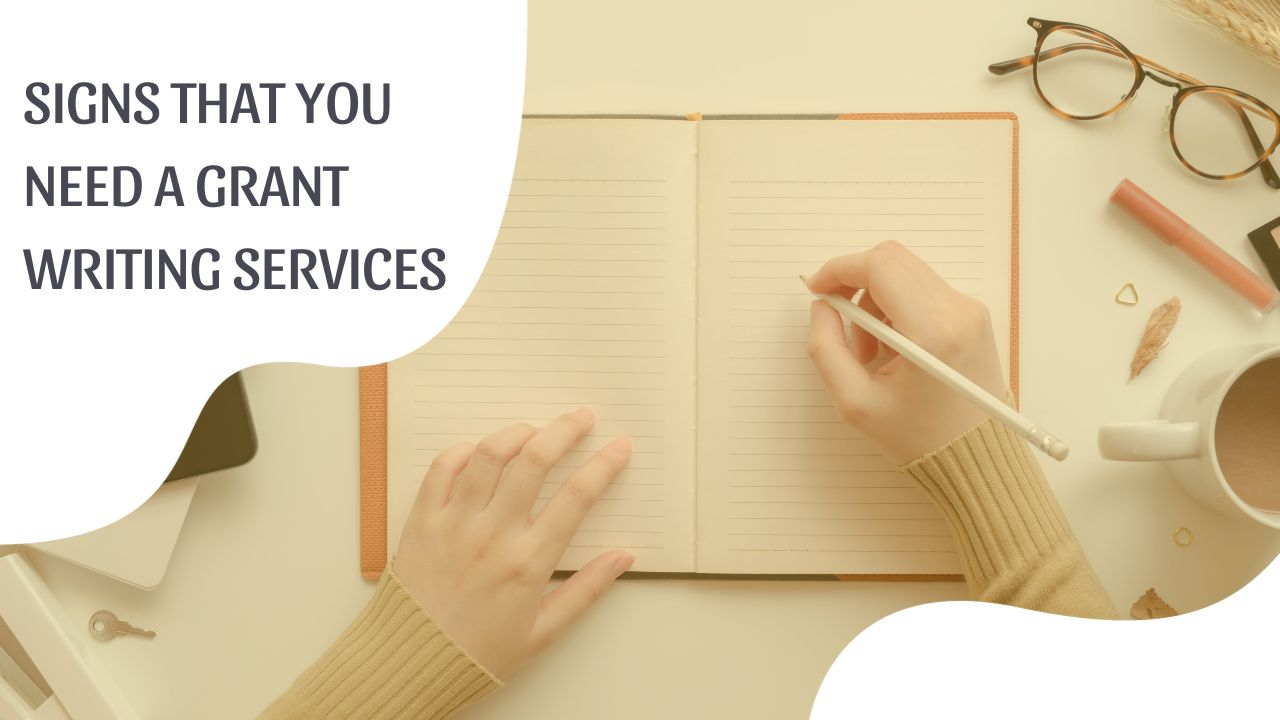
Nonprofit organizations often reach a point where seeking professional grant writing assistance becomes necessary. Here are four signs that indicate it may be time for nonprofit world to consider this:
1. Limited Success in Securing Grants: If your organization has been consistently unsuccessful in securing grants despite making multiple applications, it may be time to seek professional help. Grant writers with expertise and experience can improve your chances of success by crafting more compelling proposals and identifying the right opportunities.
2. Resource Constraints: Many nonprofit organizations have limited staff and time available for grant writing. If your team is overwhelmed, and grant writing is taking away from other critical tasks, it's a sign that you could benefit from professional grant writing services. Outsourcing grant writing resources can free up your team's time and expertise for other essential activities.
3. Lack of In-House Expertise: Grant writing is a specialized skill that not all organizations have in-house. If you don't have a dedicated grant writer or your team lacks the necessary experience, it's wise to turn to professionals who are well-versed in the nuances of the field.
4. Desire for Strategic Growth: If your organization is looking to expand, launch new programs, or reach a wider audience, professional grant writers can help you strategically identify and pursue funding opportunities that align with your growth goals. They can also help you articulate your vision effectively in writing grant proposals yourself.
While hiring professional grant writing assistance comes with a cost, the potential benefits in terms of increased funding and time savings in grant management can far outweigh the expenses. It's essential to evaluate your organization's specific needs and circumstances to determine when the time is right to seek professional grant management software and writing services.
How can grant writers proactively address changes in grant regulations and compliance requirements?
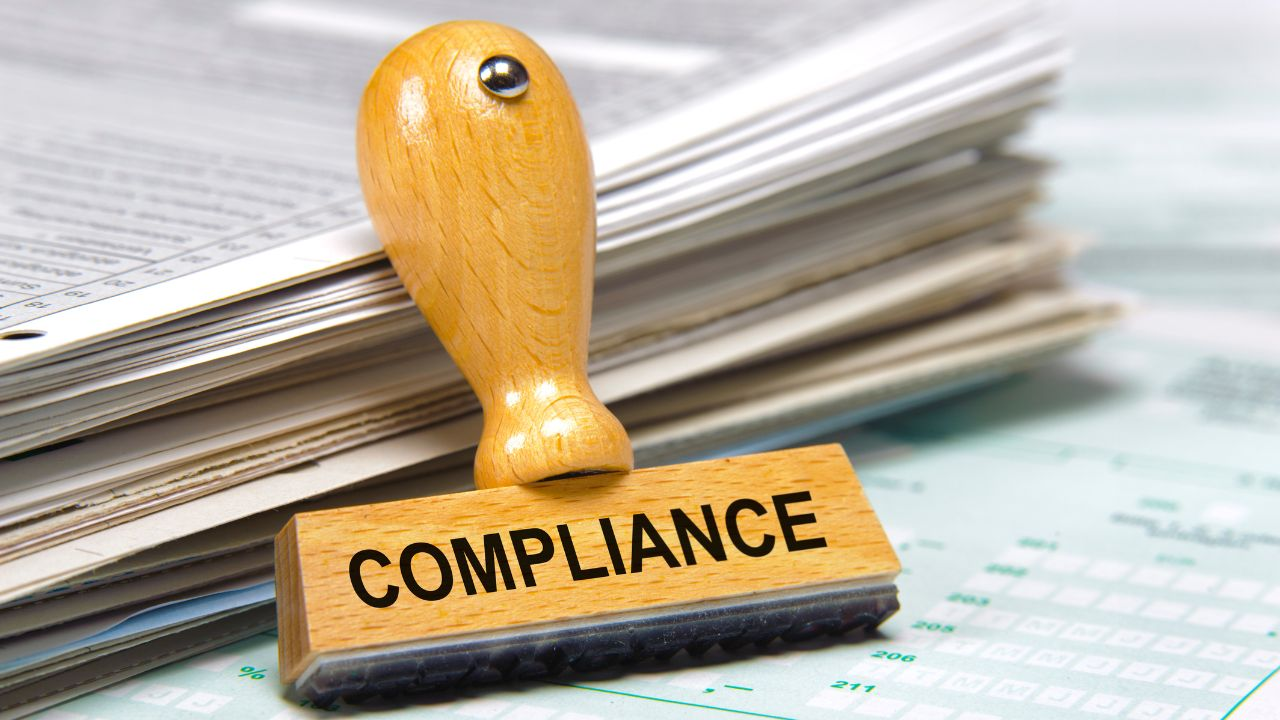
Proactively addressing changes in federal grant and regulations and compliance requirements is crucial for grant writers to ensure their proposals and funding applications remain accurate and aligned with evolving standards. To stay on top of these changes, grant writers should adopt several strategies. First, establish a system for ongoing monitoring of regulatory updates. This might involve subscribing to government agency newsletters, participating in webinars, and regularly checking official websites. Second, maintain a comprehensive database of grant-specific compliance requirements for quick reference. This database should include deadlines, reporting formats, and any new guidelines. Third, foster open communication with program officers and federal funding agencies, as they can often provide insights into upcoming changes. Additionally, consider joining professional networks and associations related to grant writing, which often disseminate information on regulatory updates. By taking a proactive approach to staying informed and adapting to changes, grant writers can maintain the integrity and competitiveness of their grant proposals.
What are some tips for staying motivated and inspired as a grant writer in the long run?

Grant writing can be a demanding and sometimes challenging profession, but staying motivated and inspired in the long run is essential for success. Here are five tips to help you get started and maintain your motivation:
1. Set Clear Goals: Define both short-term and long-term goals for your grant writing career. Knowing what you're working towards can provide a sense of purpose and motivation. Break these goals down into manageable steps to track your progress.
2. Celebrate Small Wins: Recognize and celebrate even the small achievements. Completing a challenging proposal, winning grant,, securing a grant, or receiving positive feedback are all worth celebrating. Acknowledging your successes can boost your morale.
3. Stay Informed and Adapt: The field of grant writing and nonprofit grants is ever-evolving. Stay informed about new trends, best practices, and funding opportunities. Continuous learning and adaptation can keep your work fresh and exciting.
4. Maintain a Supportive Network: Connect with fellow grant writers, mentors, and colleagues. A supportive network can provide motivation, advice, and a sense of camaraderie. Sharing experiences and challenges can be both enlightening and inspiring.
5. Find Meaning in Your Work: Remind yourself regularly of the impact your work has on the community or causes you support. Knowing that your efforts contribute to positive change can be a powerful motivator.
Additionally, take breaks and practice self-care. Burnout is a common issue in grant writing, and rest, relaxation, and self-care are vital to maintaining motivation and enthusiasm. Whether it's taking a walk, reading a book, or pursuing a hobby, make time for activities that recharge your spirit. Remember that motivation can ebb and flow, and it's okay to seek inspiration from various sources, including personal experiences, art, nature, or other fields of interest.